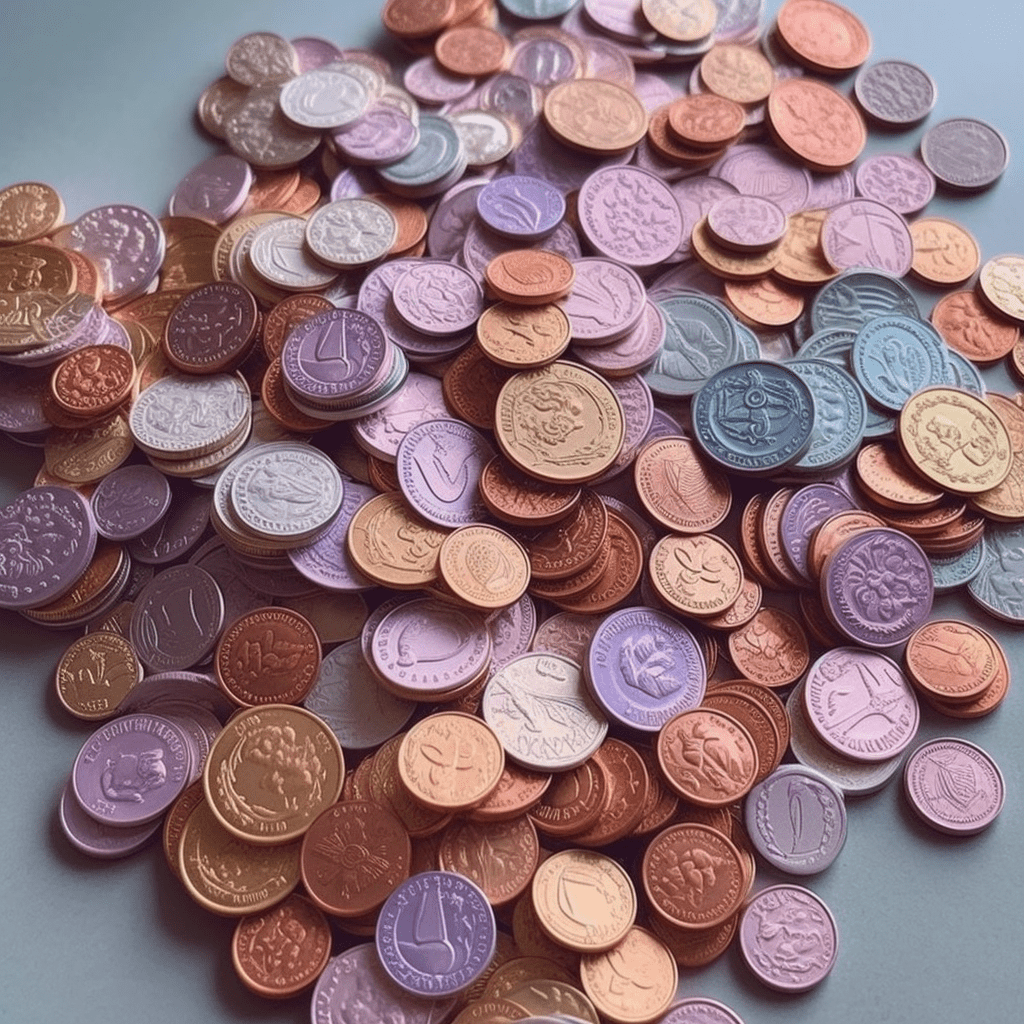
As the world of non-fungible tokens (NFTs) continues to grow, many people are exploring the market for the first time. One crucial question that comes up often is, “does it cost money to make an NFT?” While the cost of creating an NFT can vary, understanding how to determine the value of an NFT is also essential. In this article, we’ll explore the various factors that contribute to an NFT’s value and provide some tips on how to assess their worth.
Rarity and Scarcity
Rarity and scarcity play a significant role in determining an NFT’s value. The more unique or rare an NFT is, the higher its potential value. Limited edition or one-of-a-kind NFTs generally command higher prices than those produced in larger quantities. To assess an NFT’s rarity, look at the total number of editions and compare it to other NFTs within the same collection or by the same creator.
Creator’s Reputation and Demand
The reputation of the creator behind an NFT can significantly impact its value. Well-known artists, musicians, or celebrities often have a larger audience, increasing the demand for their NFTs. If an NFT is created by an established artist or someone with a strong following, it’s more likely to fetch a higher price. To assess the creator’s reputation, research their background and previous work, as well as any media coverage or endorsements they’ve received.
Ownership and Provenance
The ownership history and provenance of an NFT can influence its value. If an NFT has been owned by a notable collector or celebrity, it may add to the perceived value and create a sense of prestige. Additionally, the provenance of an NFT (i.e., the history of its creation, ownership, and transactions) helps verify its authenticity and uniqueness. To determine an NFT’s provenance, look for information about the creation process, previous owners, and transaction history on the blockchain.
Utility and Functionality
Some NFTs offer utility and functionality beyond being a digital collectible. For example, NFTs can provide access to exclusive content, virtual goods, or even real-world experiences. NFTs with added utility or functionality may have a higher value than those that are purely collectible. To assess the utility of an NFT, consider what additional benefits or experiences it may provide to its owner.
Market Trends and Sentiment
Market trends and overall sentiment play a crucial role in determining an NFT’s value. If the demand for a particular type of NFT or a specific creator’s work is high, it’s more likely to command a higher price. Keep an eye on market trends and news to understand which types of NFTs are currently popular and what the general sentiment towards NFTs is. This can help you gauge the potential value of an NFT more accurately.
Assessing Comparable Sales

Looking at the sales of similar NFTs can provide a good indication of their value. By comparing the prices of comparable NFTs, you can get a sense of the market value for a specific type of NFT or an individual creator’s work. To find comparable sales, explore NFT marketplaces and platforms to see recent transactions and price trends for similar items.
Understanding the Costs of Creating an NFT
While determining the value of an NFT is essential, it’s also crucial to consider the costs involved in creating one. To create an NFT, you’ll need to pay for the associated blockchain transaction fees, called gas fees. These fees can vary depending on the network and its current congestion. It’s essential to factor in these costs when assessing the potential value and profitability of an NFT.
The Role of Intuition and Research
In addition to the factors mentioned above, intuition and thorough research can also play a significant role in determining the value of an NFT. Experienced collectors often have a sense of what will resonate with buyers and what won’t. By staying up-to-date with the latest trends, news, and developments in the NFT space, you can make more informed decisions when it comes to valuing NFTs.
Investing in NFTs: Risks and Rewards
Investing in NFTs can be an exciting and potentially lucrative venture. However, it’s essential to keep in mind that the NFT market can be volatile, and prices can fluctuate significantly. As with any investment, it’s crucial to do your research, understand the risks involved, and only invest what you can afford to lose. By following the guidelines outlined in this article and staying informed, you can increase your chances of making well-informed decisions when it comes to valuing and investing in NFTs.
Final Thoughts

Understanding how to determine the value of an NFT is a critical skill for collectors and investors alike. By considering factors such as rarity, creator reputation, ownership history, utility, market trends, and comparable sales, you can better assess the potential value of an NFT. While the world of NFTs can be complex and unpredictable, staying informed and maintaining a keen sense of intuition can help you navigate this exciting market more effectively.
